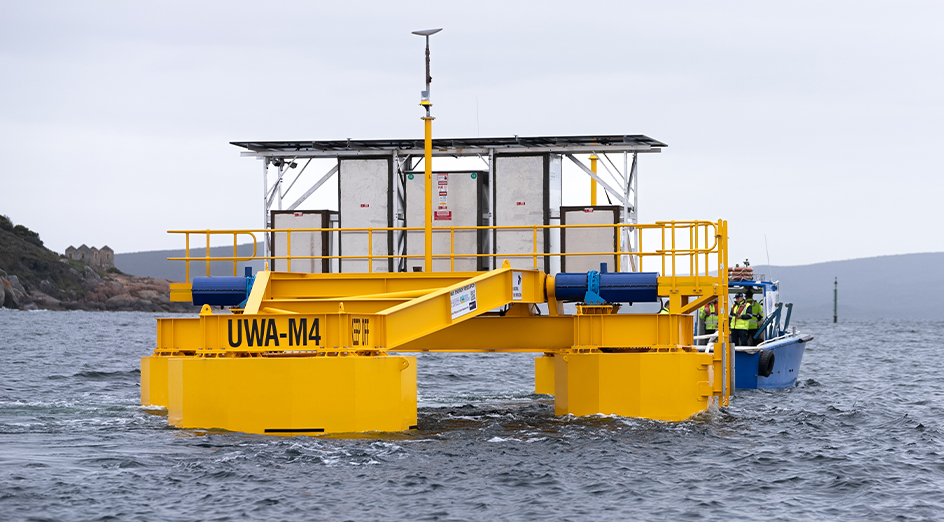- Queensland Corrective Services offering new job opportunities for First Nations people in Community Corrections
- Recruiting Cultural Liaison Officers to reduce the number of First Nations people in our care and under community-based supervision and help keep community safe.
Queensland Corrective Services is calling on First Nations people to consider a career as a Cultural Liaison Officer (CLO) to help keep communities safe by reducing re-offending.
Deputy Commissioner, Community Corrections and Specialist Operations Ursula Roeder, ACM, said there was an opening for permanent CLO positions in the North Coast Region and South East Queensland.
“These are unique positions to be filled by First Nations people to provide an opportunity to build understanding, communication and connections between communities,” she said.
“Queensland Corrective Services recognises its important role in addressing the over-representation of First Nations people in custody and under supervision in the community.”
There are three CLO positions available across Community Corrections in Maroochydore and Brisbane.
“These new culturally specific CLO positions reflect our ongoing commitment to breaking the cycle of reoffending by providing culturally sensitive support, advocacy and guidance to facilitate understanding and respect among staff, prisoners and their families.
“If you are passionate about the wider community and want to create change across the region then we want to hear from you.”
In Queensland, 237,000 or 4.6 per cent of the population identify as First Nations.
Simeon, a Townsville Community Corrections Cultural Liaison Officer who has held the role for 24 months, said it was important to have identified positions within the agency to support and help staff work in culturally appropriate, responsive, and sensitive ways to build cultural competency.
“I was drawn to the role because of the over-representation of First Nations peoples who are in touch with the justice system and felt strongly about wanting to create and support change to reduce those statistics.
“We can’t control individuals’ actions, but we can certainly work more effectively as an agency with Aboriginal and Torres Strait Islander people to help them not reoffend by using knowledge through life skills and experiences from a cultural perspective to make positive changes and in turn benefit the community as a whole.”
To hear Simeon’s full story click here:
Audio grab
The role of a Cultural Liaison Officer








